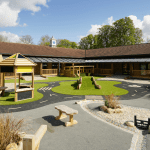

Our Spanish Specialist, Christina, shares how learning a second language helps children develop an appreciation for different cultures and how this is beneficial to all areas of learning.
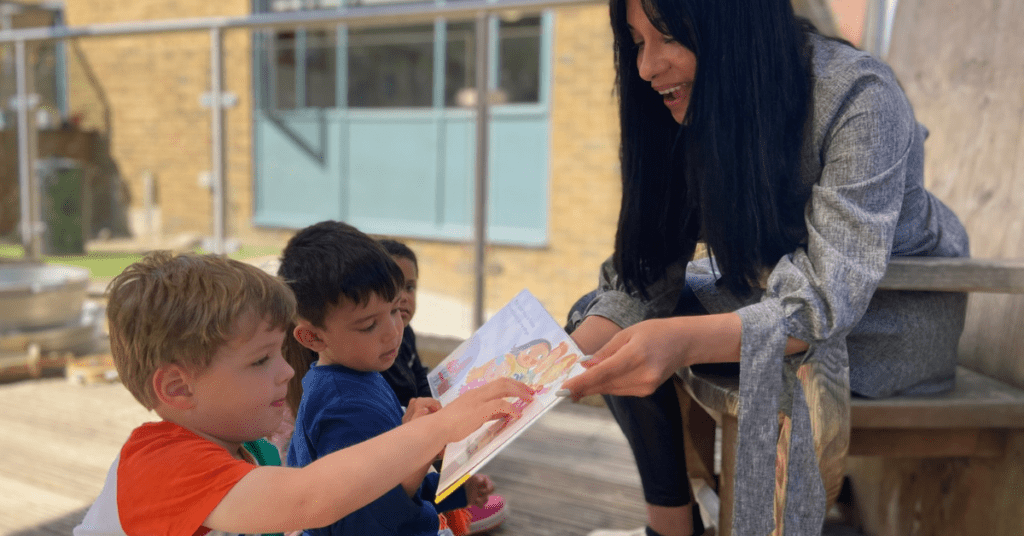

Being part of a bilingual environment from birth helped me develop a fascination for other cultures and an appreciation and respect for them too. Now, as a Language Specialist for Fennies, I see firsthand how learning a second language contributes to a diverse learning culture. This is one of the many reasons why I believe it’s important to learn a second language from a young age.
The EYFS says, ‘the diverse world should be integral to everyday practice,’ and in this blog post, I’m going to look a little deeper into how learning a second language under the age of 5 creates a culturally rich environment that helps children develop an appreciation for other languages and people.
When children learn a new language, they also find out about the cultural traditions that go along with it. Just this month, I created a gazpacho inspired tuff tray for the children, and we read a book about the famous tomato festival in Spain “La Tomatina.” The children were very curious about these Spanish traditions and even had a go at making their own gazpacho! This was a great way for them to learn about celebrations that they may not have been exposed to before, as well as an opportunity to introduce some key pieces of Spanish vocabulary.
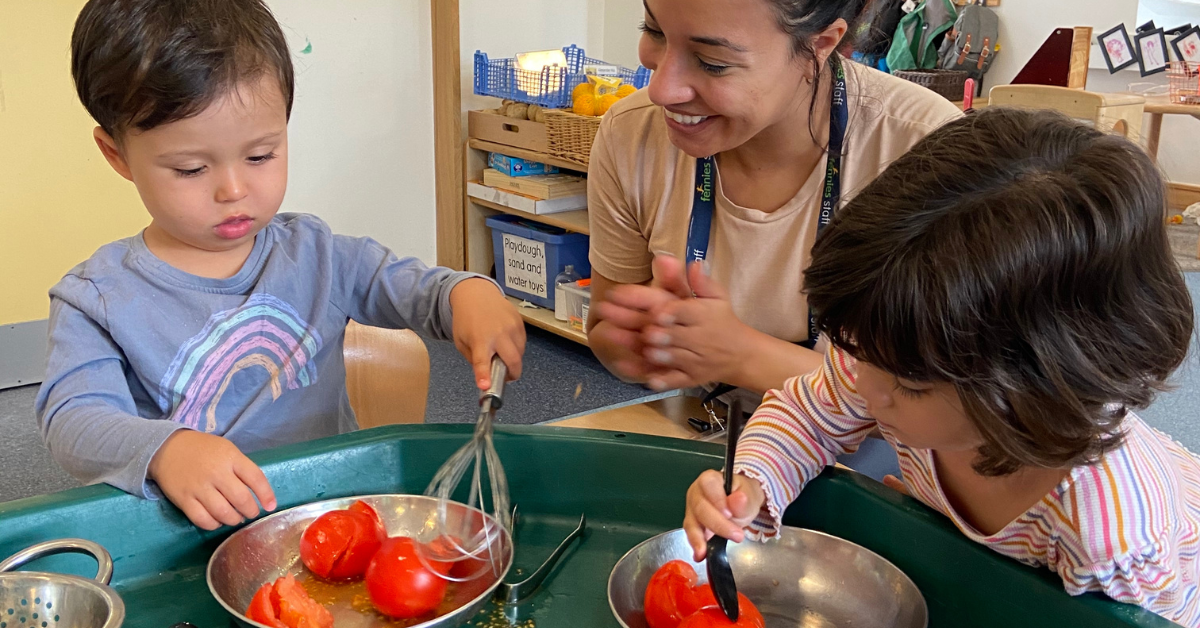

It’s not only in our Spanish lessons where children get to learn about different cultures. Recently our French Specialist, Lisa, wanted to teach the children about traditional pastries in France. Lisa read a story about baguettes and croissants and created a wonderful activity where the children could create their own bakes using playdough!
As we live in a diverse and multicultural country, I believe it’s crucial that children are exposed to diverse situations from a young age and that their nursery setting provides endless opportunities to explore the world. This goes hand in hand with a focus on key development areas such as cognitive development, PSED skills, listening, understanding, problem-solving and critical thinking skills.
But, how does all this fit into learning and development? Well, the EYFS says, ‘Children need to be able to form positive relationships, especially with other people who do things differently to themselves and their family. Children’s natural curiosity needs to be nurtured, nourished, and extended to include their friends in the setting.” This is why learning a second language fits seamlessly into helping children and their practitioners expand their cultural awareness whilst providing endless learning opportunities.
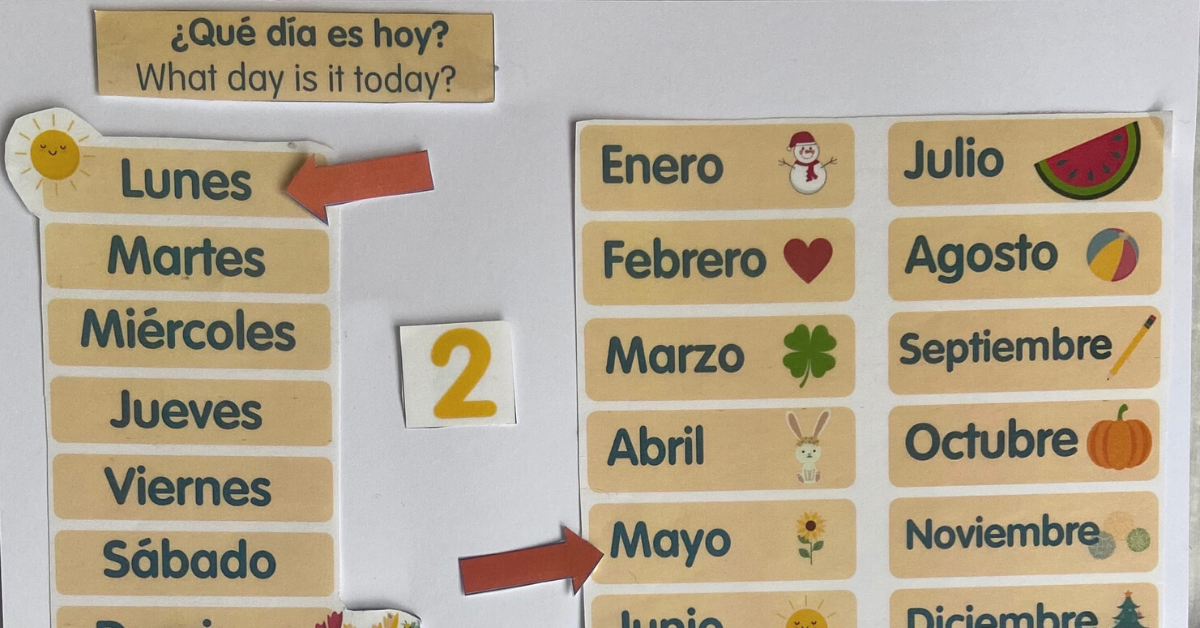

Being part of a diverse nursery can give your child a head start in life because learning a second language can lay the groundwork for future learning habits as well as developing important life skills. According to Early Years Second Language Education: International Perspectives on Theory and Practice, learning a second language can lead to healthier development in the early years, helping to build on language, listening and speaking skills.
Here are some of the learning benefits that developing children’s cultural awareness will bring to their learning:
There are many benefits that a diverse nursery environment can have on both the children and staff that work there. Learning a second language in the early years can encourage children to respect others, their cultures and their languages, as they begin to understand that not everyone has English as a first language.


Within language lessons at Fennies, we incorporate lots of books and songs to introduce new vocabulary and to help children to memorise new words. For example, a book that I love to read when I begin teaching Spanish to new learners is Look at Me I’m Learning Spanish by Daniel Williamson, not only includes key components of our language curriculum, but it also promotes cultural awareness, as it is about a boy who is learning Spanish and the many reasons why he wants to learn another language. Reading books about other cultures builds a language-rich environment and encourages children to develop a love for learning.
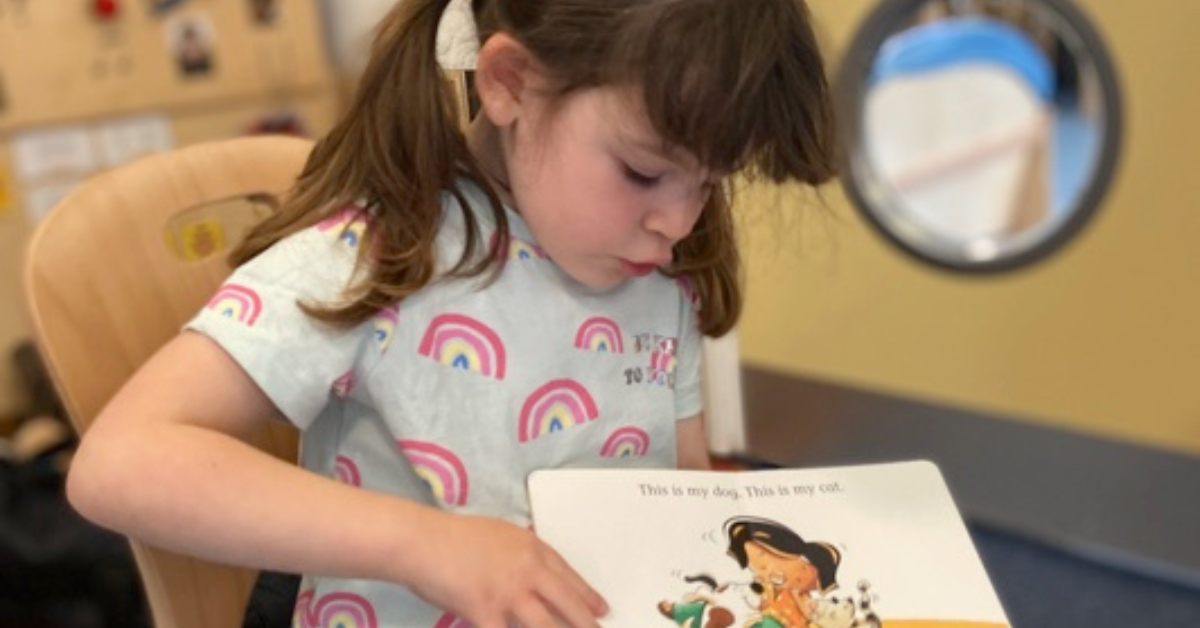

As a result, this means that children often develop a more varied and advanced vocabulary when they begin to learn a second language.
Young children’s brains are developing fast and have a far greater plasticity which means pathways can be formed quickly. This is why, the early years of a child’s life is the perfect time for them to learn a new language. Our Education Advisor, Ruth, says, “At Fennies, this is achieved through fun play-based sessions with songs and puppets which the children love, I only wish I had been introduced to another language at their age!”
Learning a second language can help children to understand the world better and develop a sense of identity. This is a crucial part of development because it allows children to make sense of what’s around them, explore their place in their own community, and find out about other people.
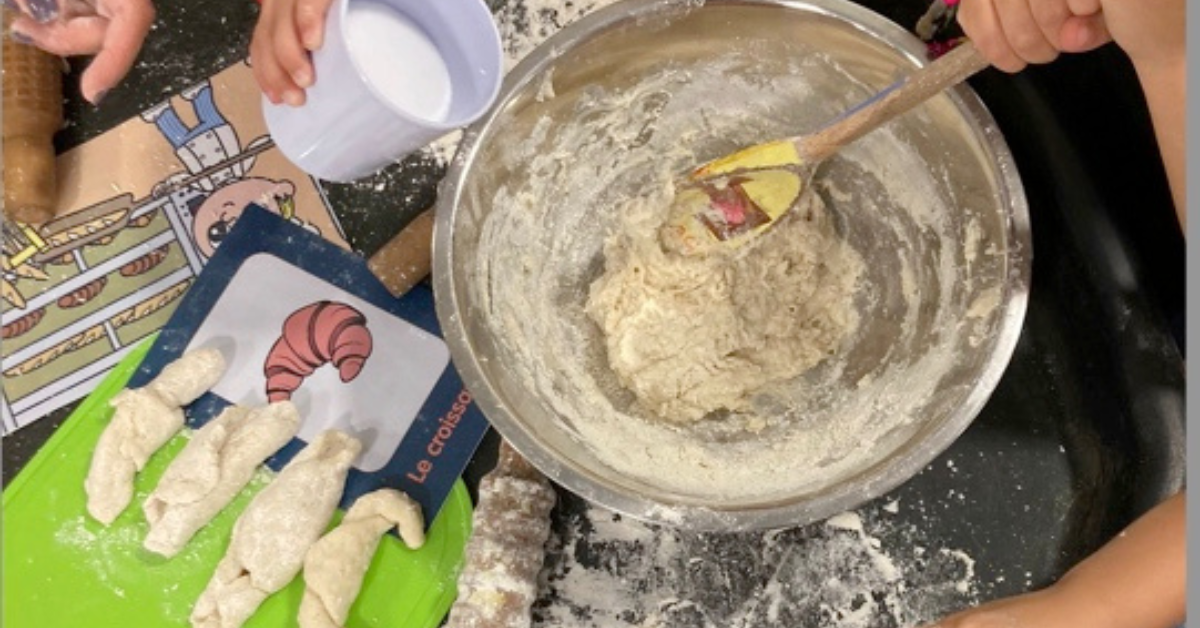

Through trying new foods and learning about different cultural celebrations, children can experience the world in many new ways.


Learning a second language in the early years can contribute towards creating a diverse nursery environment, perfect for curious minds to grow and understand the world around them. It’s evident that learning a second language at an early age has many benefits that will remain with them well into later life.
Being part of a diverse nursery environment allows children to be more open-minded and create relationships with people from different cultures and backgrounds, which is something that is so important at any age.
Are you an early years educator with a passion for inspiring future little minds? We’d love to hear from you! Find out more about our open roles today…


Spanish Specialist


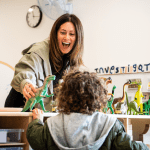

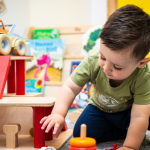





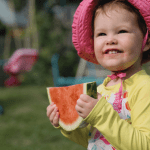

View All
This website uses cookies so that we can provide you with the best user experience possible. Cookie information is stored in your browser and performs functions such as recognising you when you return to our website and helping our team to understand which sections of the website you find most interesting and useful.
You can read out full privacy policy here
Strictly Necessary Cookie should be enabled at all times so that we can save your preferences for cookie settings.
If you disable this cookie, we will not be able to save your preferences. This means that every time you visit this website you will need to enable or disable cookies again.